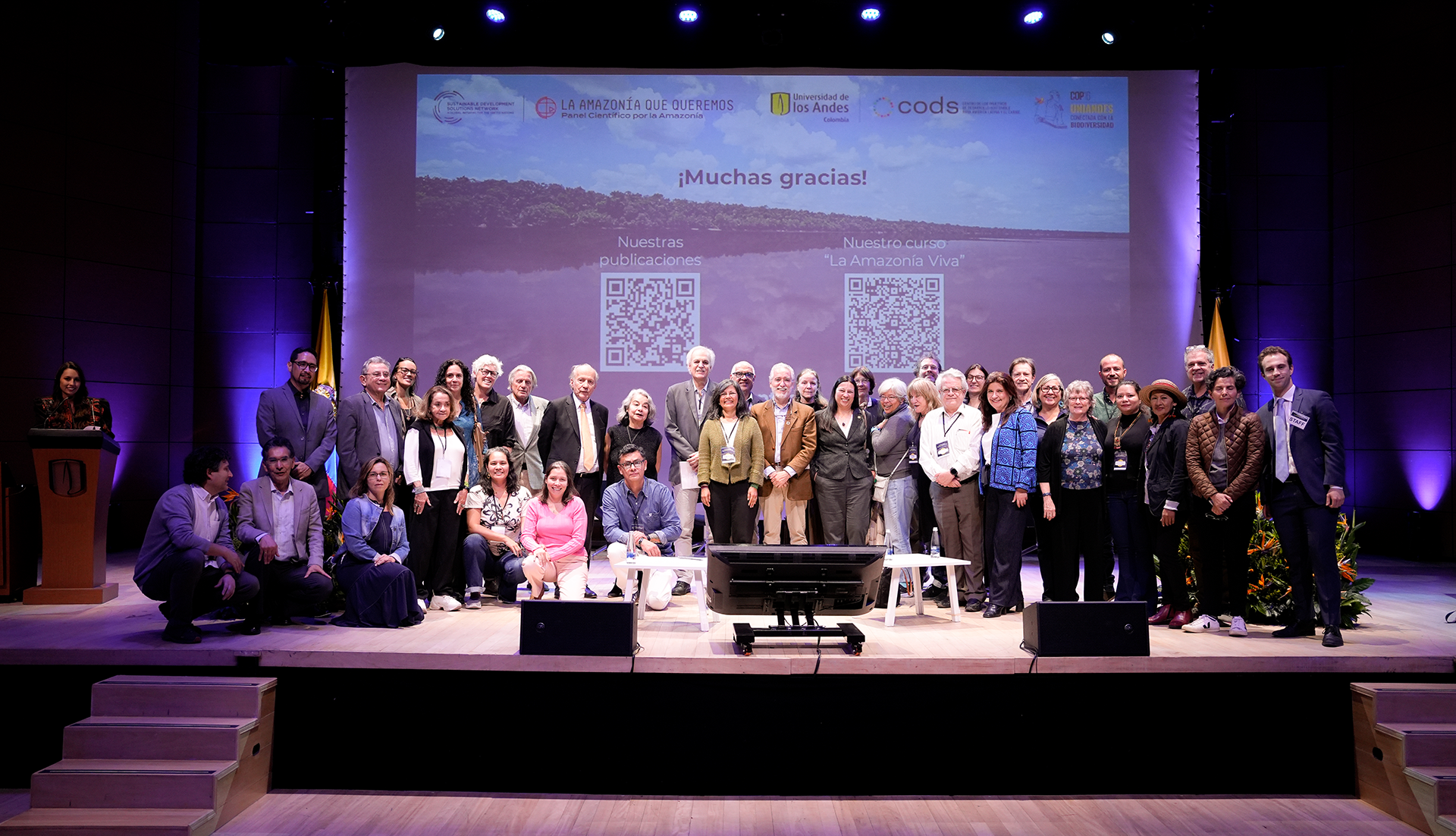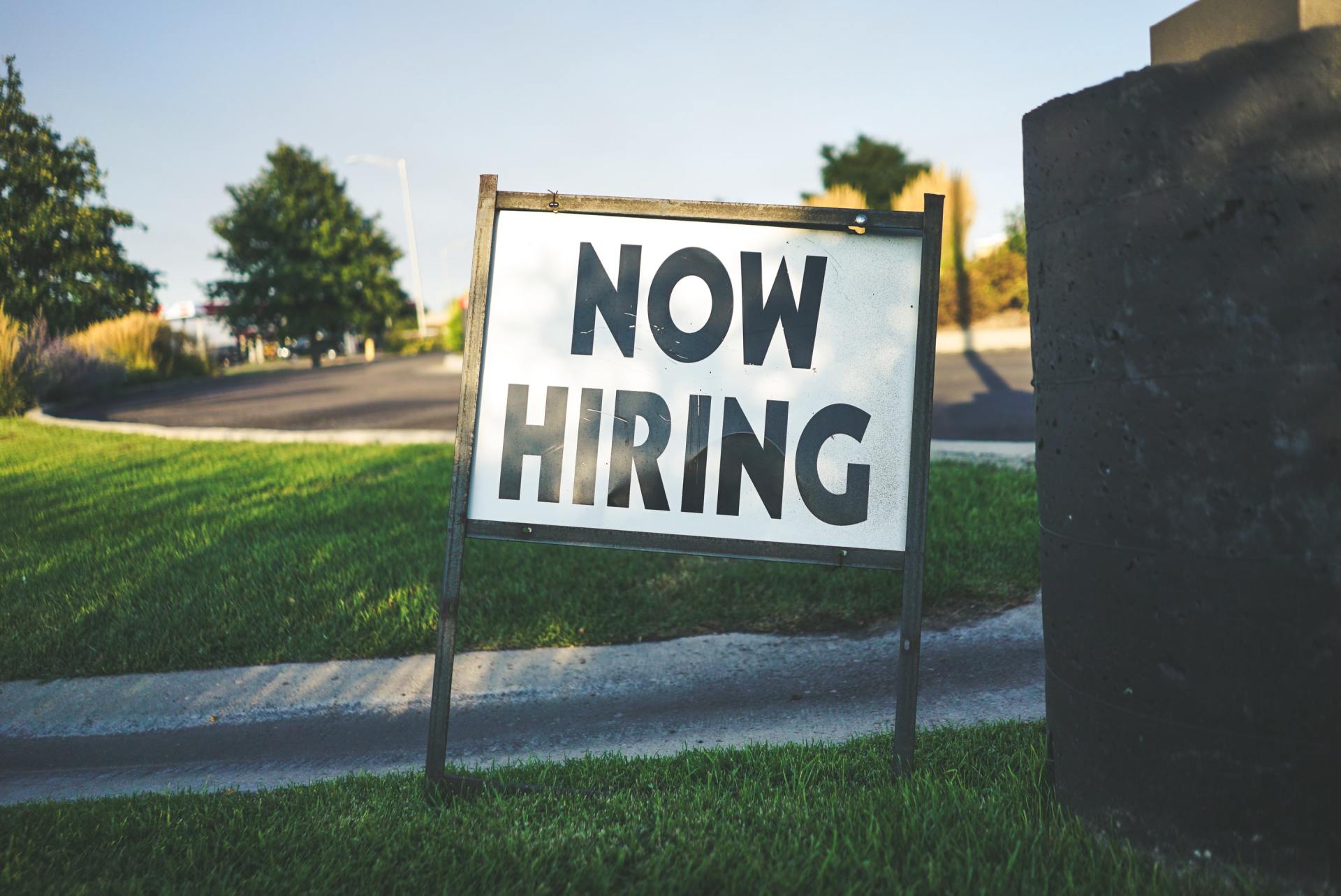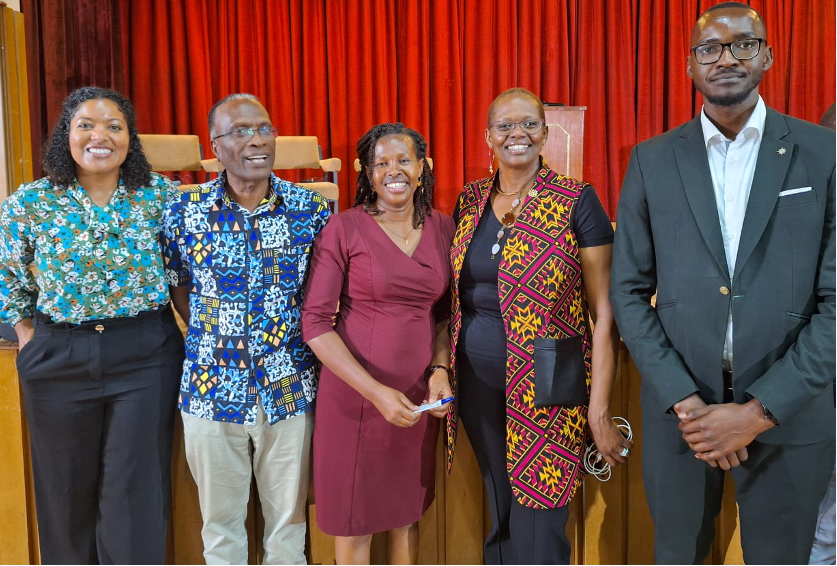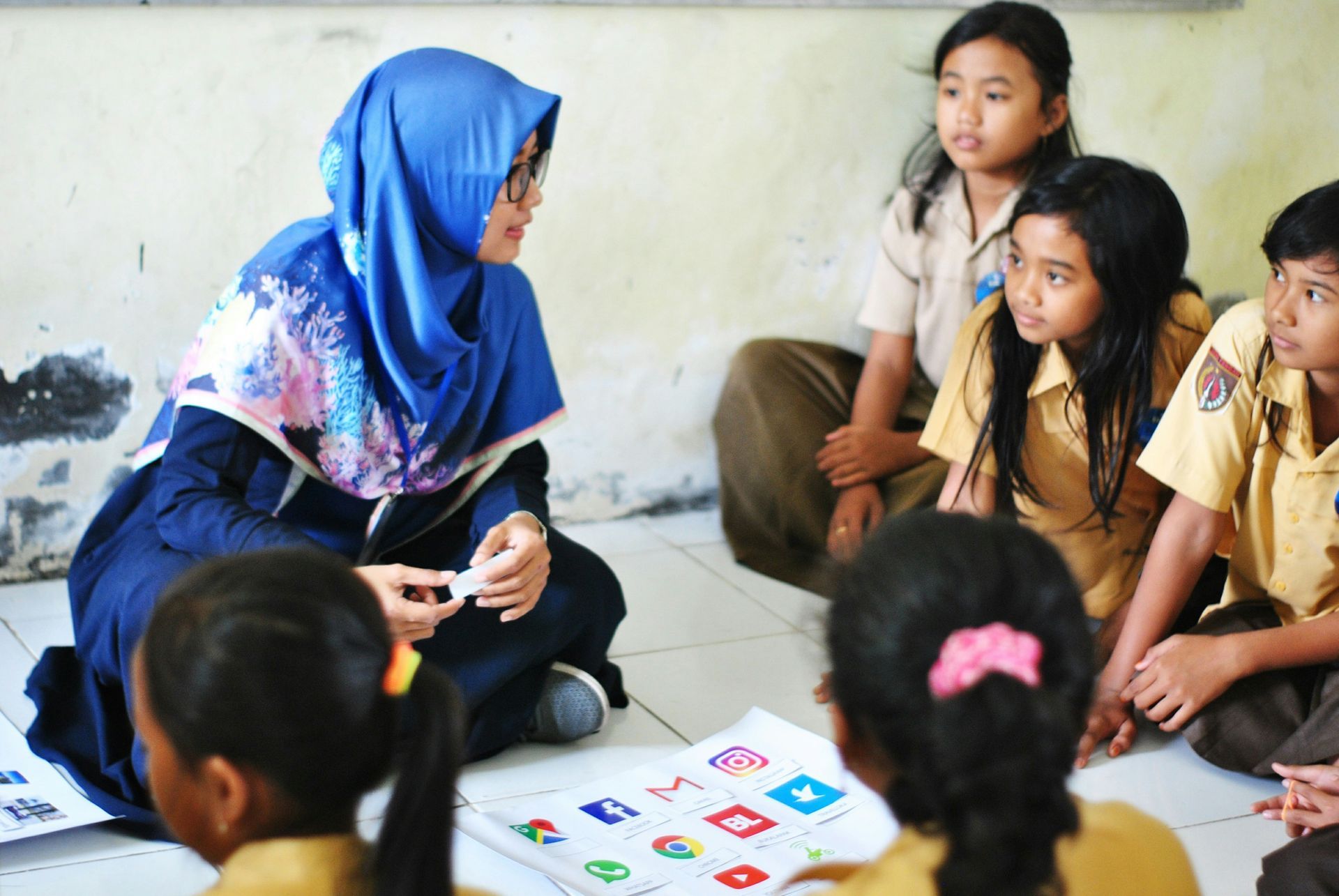By Info
•
15 Apr, 2024
ABOUT SDSN The UN Sustainable Development Solutions Network (SDSN) has been operating since 2012 under the auspices of the UN Secretary-General. SDSN mobilizes global scientific and technological expertise to promote practical solutions for sustainable development, including the implementation of the Sustainable Development Goals (SDGs) and the Paris Climate Agreement. We aim to accelerate joint learning and promote integrated approaches that address the interconnected economic, social, and environmental challenges confronting the world. SDSN works closely with United Nations agencies, multilateral financing institutions, the private sector, and civil society. It is directed by Professor Jeffrey D. Sachs and operates through offices in New York, Paris, and Kuala Lumpur. ABOUT THE SCIENCE PANEL FOR THE AMAZON The Science Panel for the Amazon, convened under the auspices of the UN Sustainable Development Solutions Network (SDSN) represents the world’s first high-level science initiative dedicated to the survival of the Amazon. The first report of the SPA, launched at the COP26 in Glasgow, is the most in-depth and holistic report of its kind on the Amazon. The state of urgency and the complexity and scope of the challenges the Amazon is facing calls for continued specialized research and scientific knowledge. It is thus paramount to ensure that the SPA remains active and operational in the long-term to develop much needed scientific assessments on the state of the Amazon and build and share knowledge to advance evidence-based sustainable development pathways for the Amazon. POSITION SUMMARY The consultant will work with the SPA team and several colleagues to develop an overall engagement strategy to work with the financial sector in the Amazon region and support conservation and a sustainable bioeconomy. The consultant may oversee several projects and initiatives. The consultant will analyze data on the supply chains for key commodities in the Amazon, highlighting key players involved as well as the risks and opportunities for more sustainable production systems in the Amazon. Based on the SPA Report’s assessment and recommendations on bioeconomy and restoration, the consultant will identify potential key partners to be engaged in the dialogue for sustainable solutions for the Amazon. Working with the SPA team, the consultant will support the development and implementation of an engagement strategy for dialogues with key development banks and financial institutions. The consultant will support the establishment of partnerships with key stakeholders such as the World Bank, InterAmerican Development Bank and with the GEF and GCF to engage in a series of dialogues on the main findings and proposals to advance sustainable development in the Amazon, and to stimulate financial institutions to adopt science-based social and environmental performance standards to contribute to the sustainable development of the Amazon region. The consultant will develop a strategy for SPA’s engagement with government finance policy makers and financial institutions at the Spring and Autumn meetings of Finance Ministers convened by the IMF and World Bank. The incumbent will prepare presentations for high-level meetings (e.g. with InterAmerican Development, CAF, FEBRABAN). The consultant will support the establishment of partnerships (e.g. with UNEP Financial Initiative) and engage in dialogues with financial institutions at high-level summits and events. PRINCIPAL RESPONSIBILITIES Work with SPA leadership to direct work on financing Conduct an analysis of supply chains for key commodities in the Amazon Map of key players in supply chains Build a compendium / database of key financial industry stakeholders in the region Develop an engagement strategy for the finance sector Implement the strategy, including key dialogues, meetings, and events QUALIFICATIONS, EDUCATION, AND EXPERIENCE 7-10 years of experience working with or researching international finance institutions An advanced university degree (preferably a Ph.D) in biology, ecology, economics, conservation, sustainable development, or related field. Excellent organizational and project leadership skills. Demonstrated track record of effectively leading a performance-based and outcome-based program. Candidates must have developed and executed strategies that have taken an organization or program to the next stage of impact and growth. They must be skilled in developing strategy. Proven ability to work independently as well as collaboratively in a matrixed team environment. Demonstrated experience managing a high-performance team with a deep commitment to diversity, inclusiveness, and empowerment. Ability to adapt technical knowledge and complex concepts to products aimed at policymakers. Strong analytical, quantitative, and empirical research skills; and the ability to link findings to public policy analysis and recommendations. Ability to operate with independence, under pressure, and to meet deadlines and commitments. Excellent interpersonal skills requiring knowing when to use courtesy, tact and/or diplomacy to effectively communicate with all constituents. Ability to effectively prioritize and produce high-quality work under time constraints. Ability to demonstrate integrity in deliverables, behavior, and demeanor. Must be fluent in English and either Portuguese or Spanish. IMPORTANT INFORMATION Location: Remote Travel: None. Contract Length: 6 months, with possibility to renew Benefits: SDSN team members are given the opportunity to follow some of the most thought-provoking discussions on sustainability. In their work, team members get the opportunity to meet and exchange with some of the world’s greatest leaders in sustainable development – professors, economists, bestselling authors, educators, and academics. In addition to this, SDSN team is composed of brilliant, dynamic, sustainable development professionals that come from different countries and backgrounds. With such unique exposure and environment, each member of SDSN can learn and grow while doing the work they love and contribute with a positive impact. Reports to: Emma Torres, Vice President of the Americas SDSN is an Equal Opportunity Employer SDSN provides equal employment opportunities to all employees and applicants for employment without regard to unlawful considerations of race, color, creed, religion, gender, sex, national origin, ancestry, citizenship status, genetic information, military or veteran status, age, and physical or mental disability, or any other classification protected by applicable local, state, or federal laws. APPLICATION PROCESS To apply, please submit a cover letter INCLUDING DAILY RATE OF PAY and a CV on HR Partner at the following link. https://sdsn.hrpartner.io/jobs/finance-consultant--science-panel-for-the-amazon-z2vy5
